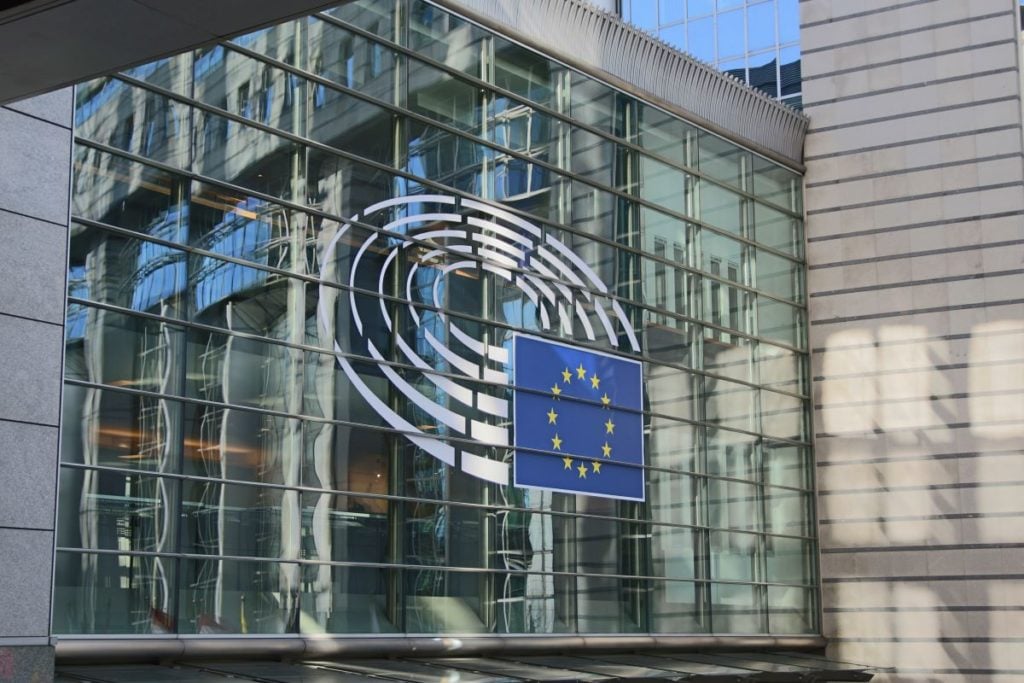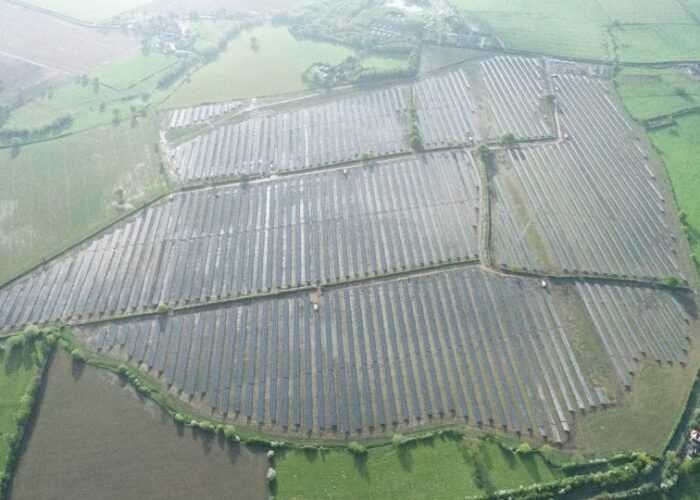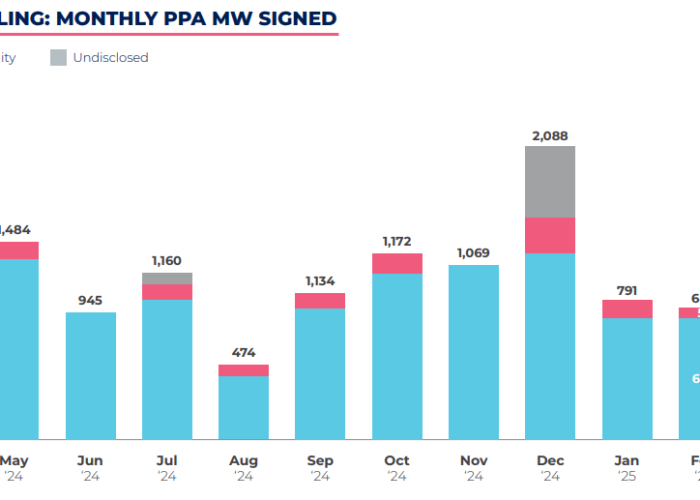
As 2023 comes to an end, PV Tech is reviewing the year in solar, reflecting on some of the biggest stories and trends of the last 12 months. Here we take a look at regions implementing or announcing policies or legislations to boost domestic manufacturing and accelerate the growth of renewables.
In August 2022, the US passed the Inflation Reduction Act (IRA), which at the time was seen as the most important legislation for climate change and renewables. This year started with several regions following in the footsteps of the US or announcing policies that aim to boost renewable energy.
Unlock unlimited access for 12 whole months of distinctive global analysis
Photovoltaics International is now included.
- Regular insight and analysis of the industry’s biggest developments
- In-depth interviews with the industry’s leading figures
- Unlimited digital access to the PV Tech Power journal catalogue
- Unlimited digital access to the Photovoltaics International journal catalogue
- Access to more than 1,000 technical papers
- Discounts on Solar Media’s portfolio of events, in-person and virtual
Or continue reading this article for free
Chief among them was Ursula von der Leyen, president of the European Commission, unveiling the European Union’s Green Deal Industrial Plan (GDIP) which aimed to scale up domestic manufacturing capacity in Europe.
“We have a once in a generation opportunity to show the way with speed, ambition and a sense of purpose to secure the EU’s industrial lead in the fast-growing net zero technology sector,” said von der Leyen at the time.
The plan was based upon four pillars: a predictable and simplified regulatory environment, faster access to funding, enhancing skills and open trade for resilient supply chains which later in the year was completed with the Net Zero Industry Act and the Critical Raw Materials Act. The EU’s plan did not only affect the upstream side of the solar industry as it also worked on reforming its electricity market in order to boost the uptake of renewables across the region.
During that first quarter, several companies unveiled plans to build module capacity across Europe, among them was FuturaSun with an annual capacity of 2GW in Italy, however it did not disclose when the module assembly plant would be operational, nor the technology used; French PV manufacturing startup Carbon selected the vicinity of Marseille to build its 5GW solar cells and 3.5GW module assembly plant, which is targeted to be operational in late 2025; German manufacturer AE Solar selected Romania for a 10GW module assembly plant; Spanish utility Iberdrola partnered with module manufacturer Exiom to build a 500MW TOPCon module assembly line in Spain.
Europe was not the only market that started the year looking to build a domestic solar manufacturing industry, with Africa launching an initiative which aims to scale up renewable energy manufacturing capabilities across the continent.
Launched by Sustainable Energy for All (SEforALL), the African Climate Foundation, Bloomberg Philanthropies, ClimateWorks Foundation, and the Chinese Renewable Energy Industries Association, the initiative – the Africa Renewable Energy Manufacturing Initiative (AREMI) – aims to unlock up to US$850 million in investments.
A few months later, Nigeria’s National Agency for Science and Engineering Infrastructure (NASENI) broke ground on a vertically integrated production plant in Gora, in the Nasarawa state. The plant is expected to have an annual nameplate capacity of 1,000 tonnes of polysilicon, 50MW of ingot, 50MW of wafers and 50MW of solar cells, according to several local media at the time.
Moreover, at the beginning of the year, Canada announced plans to introduce tax credit incentives and invest in developing and manufacturing solar PV, energy storage and other renewable energy technologies in an IRA-style scheme.
During Q1, India released the list of companies awarded in the second round of the production linked incentive (PLI) – which aims to boost domestic solar PV manufacturing in the country – with nearly 40GW of capacity awarded, falling short of the 65GW of capacity sought in the second round of the scheme. Despite that, the country is expected to reach an annual nameplate capacity of 95GW of modules by 2025, according to research from analyst and consultancy Mercom India Research.
In the US, Q1 was marked by the collapse of Silicon Valley Bank (SVB), raising questions about capital financing for the renewable industry as the entity financed up to 62% of the US community solar market.







